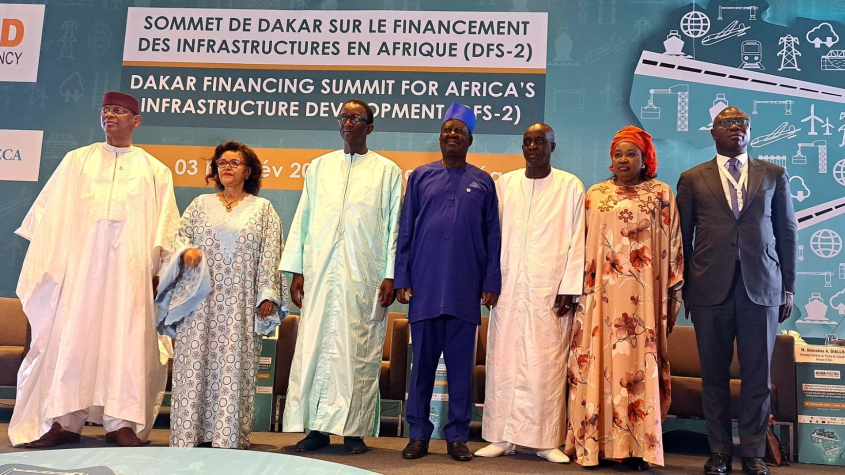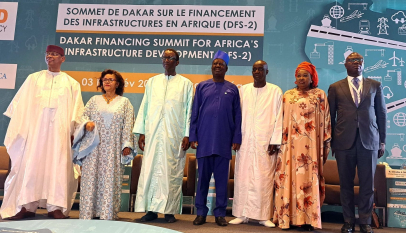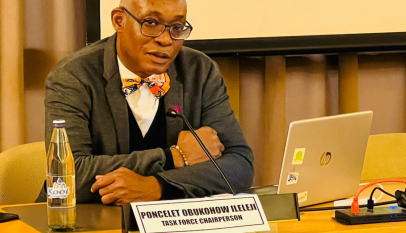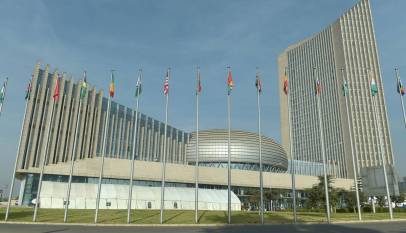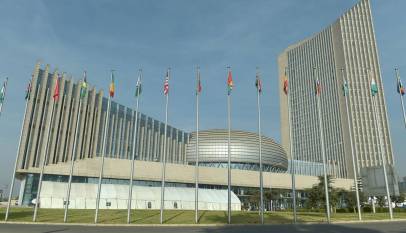EXCLUSIVE | How we’ll mobilise domestic resources for Africa’s infrastructure development – Raila Odinga
Former Kenyan Prime Minister Raila Odinga cum the African Union High Representative for Infrastructure Development, speaks exclusively to African Newspage on the sidelines of the recent 2nd Dakar Financing Summit for Infrastructure Development (DFS-2) on de-risking investment in Africa and making the continent attractive for domestic private investment.
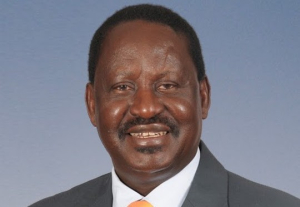
Newspage: What are the main factors constraining Africa’s infrastructural development?
Odinga: I believe lack of financial resources as well as technical capacity are the major inhibitors of infrastructural development in Africa. To be able to access resources for financing infrastructure projects, certain steps, such as feasibility studies and project design, are necessary to bring the projects to bankable levels and make them attractive to funders.
Oftentimes, funding opportunities (either bilateral or multilateral) come with a lot of conditions that most African countries are not able to fulfill due to competing demands against their limited resources. I am talking of issues having to do with food security, health and education, among other top priorities for most African countries, hence infrastructural development becomes relegated to the background.
This is why most African countries are not able to invest in the development of their infrastructure. Yet, African countries cannot develop without infrastructure. Therefore, they have to open up their countries for investment in roads, railways, water, energy, as well as ICTs which are crucial components of infrastructure development necessary for societal development.
Another challenge is the fact that bilateral partners and donor agencies tend to view some projects as “white elephants,” which makes the idea of bringing in the African private sector to invest in infrastructure necessary. Moreover, the continent can leverage other funding sources like sovereign wealth, pensions, and insurance funds that are currently underutilized. If exploited, these resources offer a huge pool of funding for infrastructural development without recourse to an external source of funding.
Newspage: One of the key outcomes of DFS-2 is the need to mobilise domestic resources for infrastructure financing. How significant is the potential for domestic resources to finance Africa’s infrastructure development?
Odinga: Since we are talking about cross-border infrastructure projects, we need to pool our resources. For instance, the resources of African pension funds collectively represent trillions of dollars. Moreover, countries such as Nigeria, South Africa, Angola, Algeria, Egypt, and many others have huge sovereign wealth funds. Only 5% of these funds, which are between $100 billion and $170 billion, will enable the continent to bridge its annual infrastructure financing gap and implement most of the Programme for Infrastructure Development in Africa (PIDA) projects.
Newspage: As the AU champion of infrastructure development, what commitment are you making towards ensuring the recommendations of the summit are implemented?
Odinga: DFS-2 is a wakeup call to the continent. We brought on board representatives of the African private sector to foster a strong partnership between African governments and the private sector. We want to create a legal framework that will allow us to convene a meeting with the fund managers from across the continent and negotiate their buy-in for infrastructure investment. Subsequently, we want to create a continental regulatory body through which they can invest their funds. We will also agree on the repayment terms and provide attractive interest rates.
Newspage: What are you doing to ensure that key players in Africa’s private sector, such as Aliko Dangote and Strive Masiyiwa, are brought onboard this renewed effort for improved private sector investment in Africa’s infrastructure?
Odinga: I don’t think the African business sector is shy, rather, the idea has not been floated to them. Like I said, DFS-2 is a wakeup call. After Dakar, we will ensure we create the necessary awareness about the numerous opportunities for Africans to invest in Africa. We will also negotiate with international financial institutions like the World Bank, African Development Bank (AfDB), among others, to de-risk investment in Africa instead of only asking them to be the funders. I believe this will make the continent attractive for African private investment.

